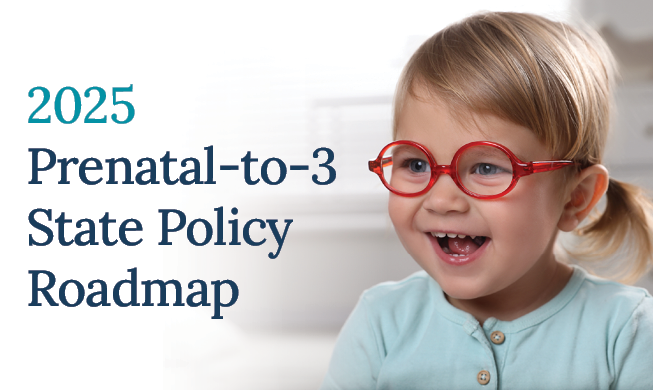Paid family and medical leave (PFML) is one of several evidence-based policies in our 2025 Prenatal-to-3 State Policy Roadmap, which details states’ progress toward adopting and implementing policies that effectively improve child and family wellbeing.
As of September 2025, 14 states (including the District of Columbia) have adopted a state paid family and medical leave program, ten of which have fully implemented their programs, and the remaining four will do so by 2028.
Though the impact varies by each state’s approach, rigorous research shows that paid family and medical leave policies providing at least 12 weeks of paid leave for parents who give birth and at least 6 weeks for all other parents with a new child have proven to:
- Increase the likelihood and length of family leave-taking
- Increase maternal labor force participation
- Reduce postneonatal infant mortality
- Improve parents’ mental health
- Foster better child-mother relationships and child health
Although no states began newly implementing paid family and medical leave this year, benefits of existing programs are showing measurable impact from legislation enacted in previous sessions, pointing to PFML as an effective policy that can improve health outcomes and strengthen economic stability.

Explore the latest research on the impact of paid family and medical leave across states.
The recently updated Prenatal-to-3 State Policy Roadmap provides insight into the core policy levers and further illustrates their interplay through vivid graphics, showcasing the variation in paid family and medical leave policies across states.




